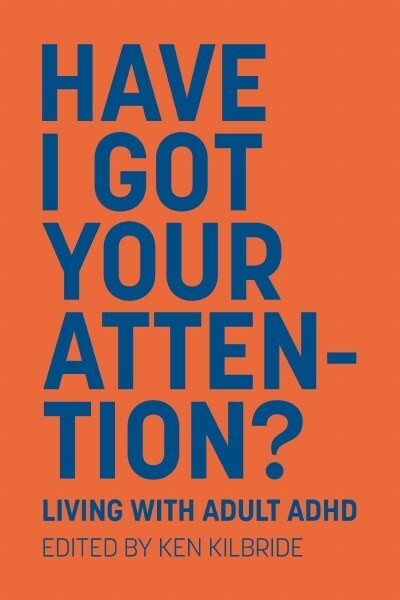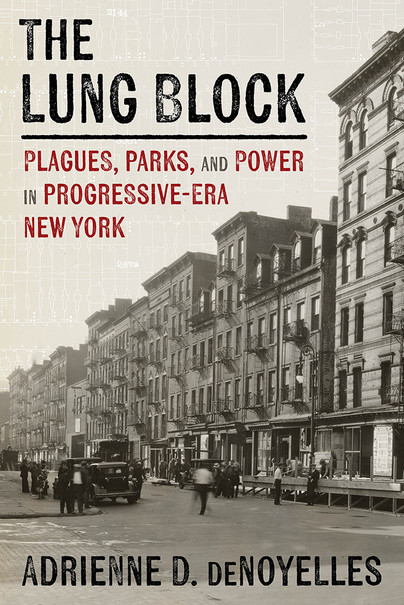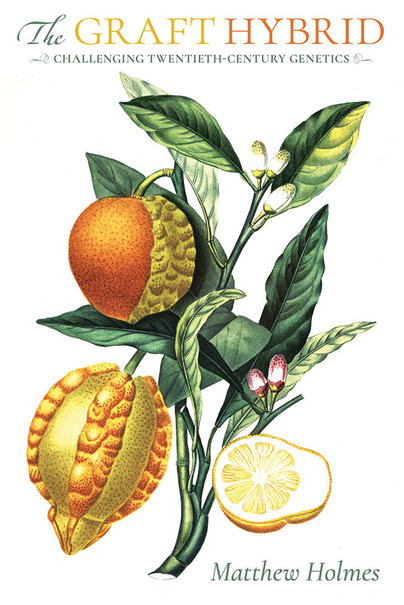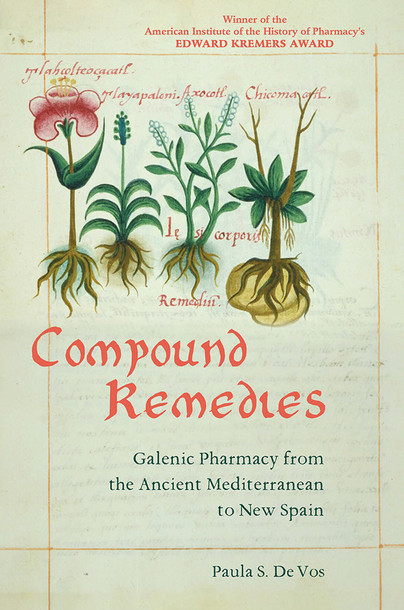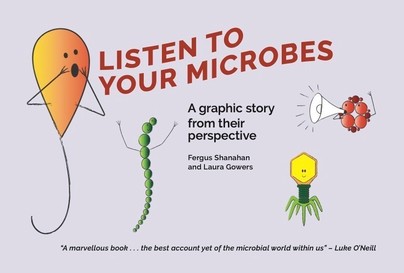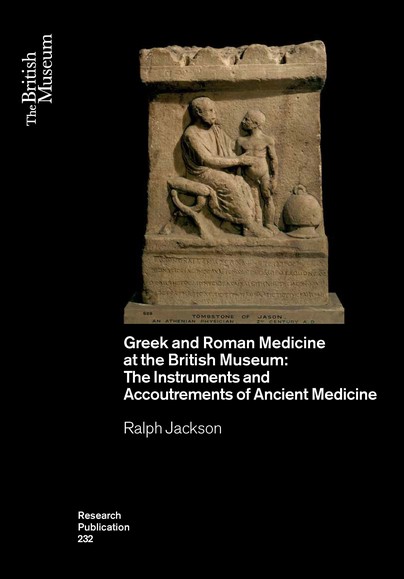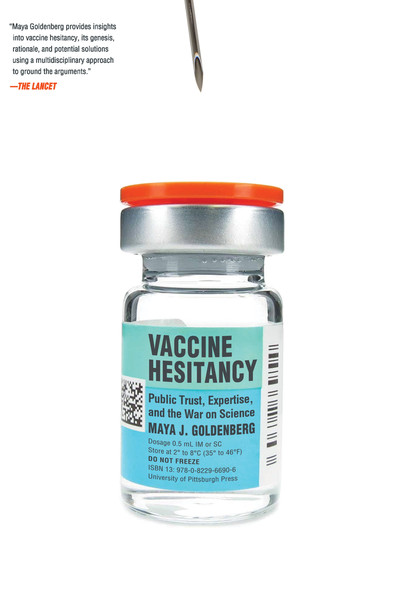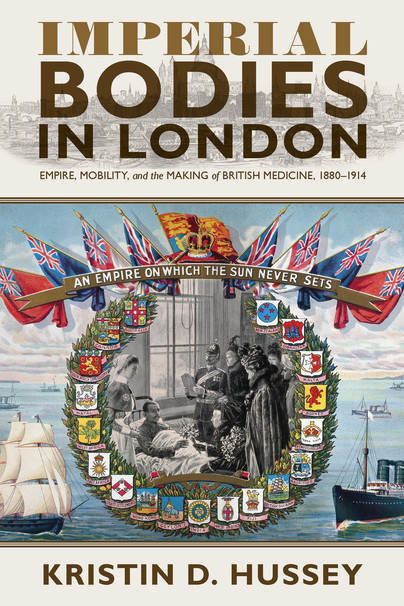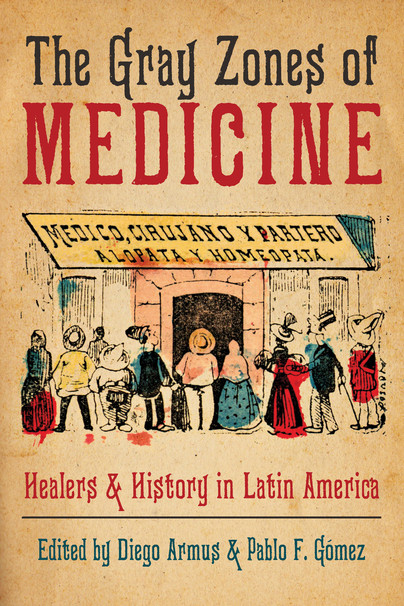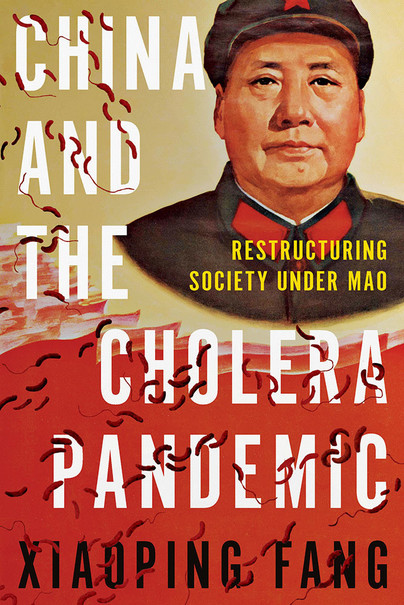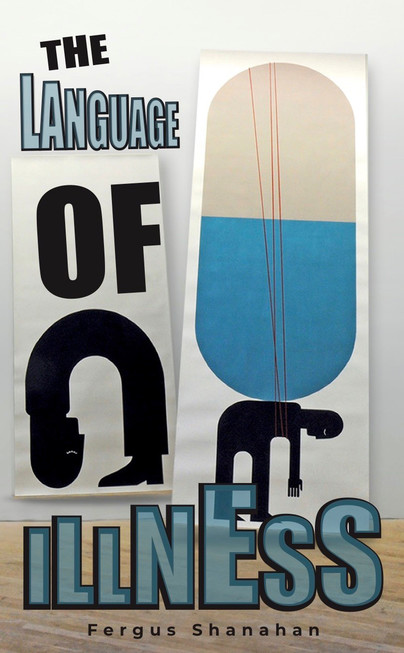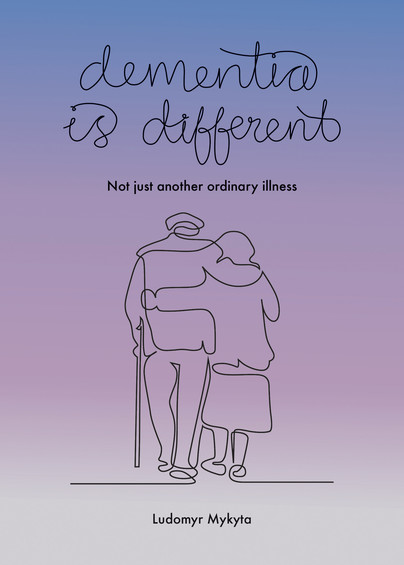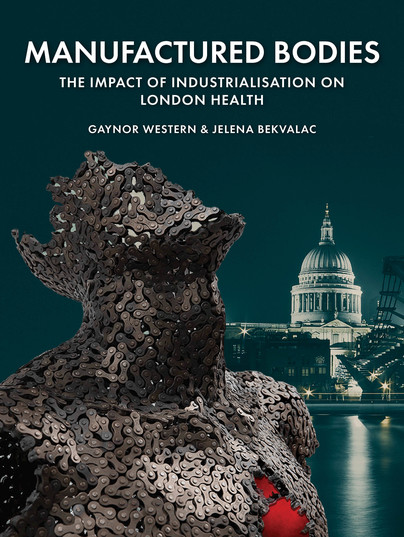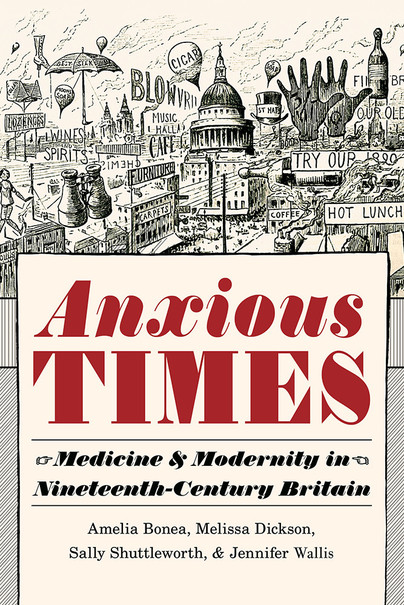Since at least the eighteenth century, European administrators and officers, military men, soldiers, missionaries, doctors, wives, and servants moved back and forth between Britain and its growing imperial territories. The introduction of steam-powered vessels and deep-docks to accommodate them at London ports significantly reduced travel time for colonists and imperial servants travelling home to see their families, to enjoy a period of study leave, or to recuperate from the tropics. With their minds enervated by the sun, livers disrupted by the heat, and blood teeming with parasites, these patients brought the empire home and, in doing so, transformed medicine in Britain.
With Imperial Mobilities, Kristin Hussey offers a postcolonial history of medicine in London. Moving beyond the insular scale of the nation, her book challenges the idea of a uniquely domestic medical practice, arguing instead that British medicine was imperial medicine in the late Victorian era. Using the analytic tools of geography, she interrogates sites of encounter across the imperial metropolis to explore how medical research and practice were transformed and remade.
